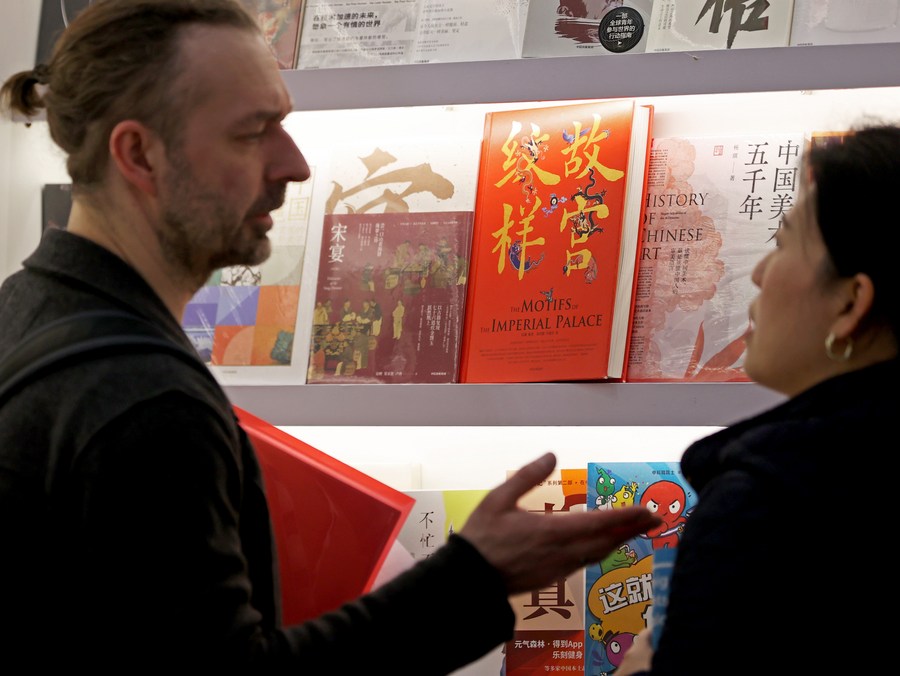The GCI Aims for Harmony in Multipolar World

Only through mutual understanding and respect can nations recognize, comprehend, and accept each other’s differences, thereby living in harmony.
The Global Civilization Initiative (GCI) stands as the third pillar of China’s vision for a harmonious world order, one premised on aspirations rather than coercion.
The initiative was proposed by Chinese President Xi Jinping in March 2023, following the Global Development Initiative in 2021 and the Global Security Initiative in 2022.
The GCI is rooted in the belief that every country represents a unique mosaic of peoples, customs, languages, philosophies, histories, beliefs, outlooks, systems, daily rhythms, as well as physical and human resources. All countries share aspirations for a secure, sustainable path to development that honors their differences and choices.
No country views itself as a peg to be shaped by others in order to fit into a designated hole. Therefore, in a multipolar world, harmony depends on shared aspirational goals that respect the diversity of the countries and peoples involved.
The Chinese concept of “harmony without uniformity,” which originates from “The Analects of Confucius,” emphasizes that while individuals may hold different opinions, harmony arises from the understanding and acceptance of these differences, not from enforced uniformity. This concept is echoed in the ancient “Book of Changes,” or the “I Ching,” suggesting that under the GCI, everything has its rightful place and value, allowing for coexistence within a diverse whole.
The GCI is about recognizing and respecting the differences between countries while acknowledging that they share common aspirational goals for their people in terms of security, sustainability, peace, development, respect, and self-determination.

When a single superpower dominated the global stage, it might have been sufficient to know only about your country, your neighbors, and the leading power. However, today, as we transition to a multipolar world where the global supply chain connects all nations, it’s imperative for each country to study, understand, and respect every aspect of every other country’s politics, economics, laws, languages, literature, philosophy, history, beliefs, and resources.
Only through mutual understanding and respect can nations recognize, comprehend, and accept each other’s differences, thereby living in harmony.
For this to occur, individuals, businesses, and countries must learn, understand, communicate, and respect each other’s aspirations, perspectives, societies, and civilizations. This necessitates people-to-people, business-to-business, and country-to-country engagements through educational, cultural, governmental and other exchanges. Thus, when interacting, each party need to comprehend not just the words but the intended meaning behind them.
The GCI has garnered significant global support thus far, and is likely to receive more in the coming months and years. This is because people worldwide yearn for a global community where differences are celebrated, conflicts are resolved through dialogue, and shared aspirations for security, sustainability, and peace unite us all. And this is exactly what the GCI is seeking to achieve.
The goal is clear: By embracing this ethos of mutual respect and engagement, we can forge a path toward a truly inclusive and harmonious global civilization.
Einar Tangen is a senior fellow at Taihe Institute and founding partner of The Center for China and the World.
 Facebook
Facebook
 Twitter
Twitter
 Linkedin
Linkedin
 Google +
Google +










